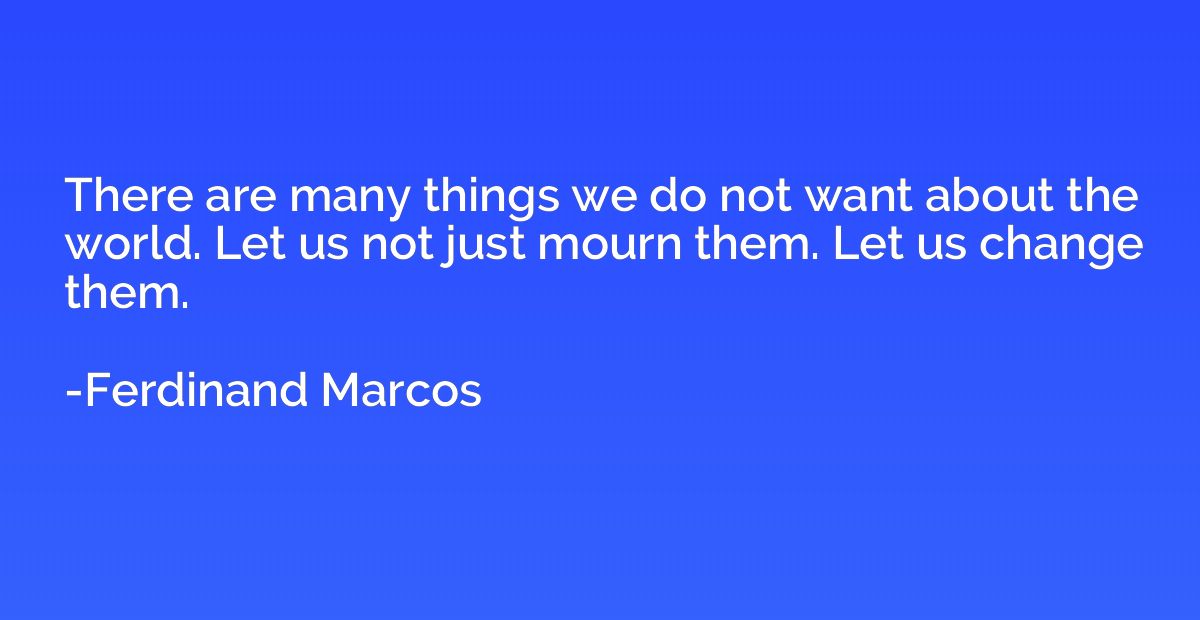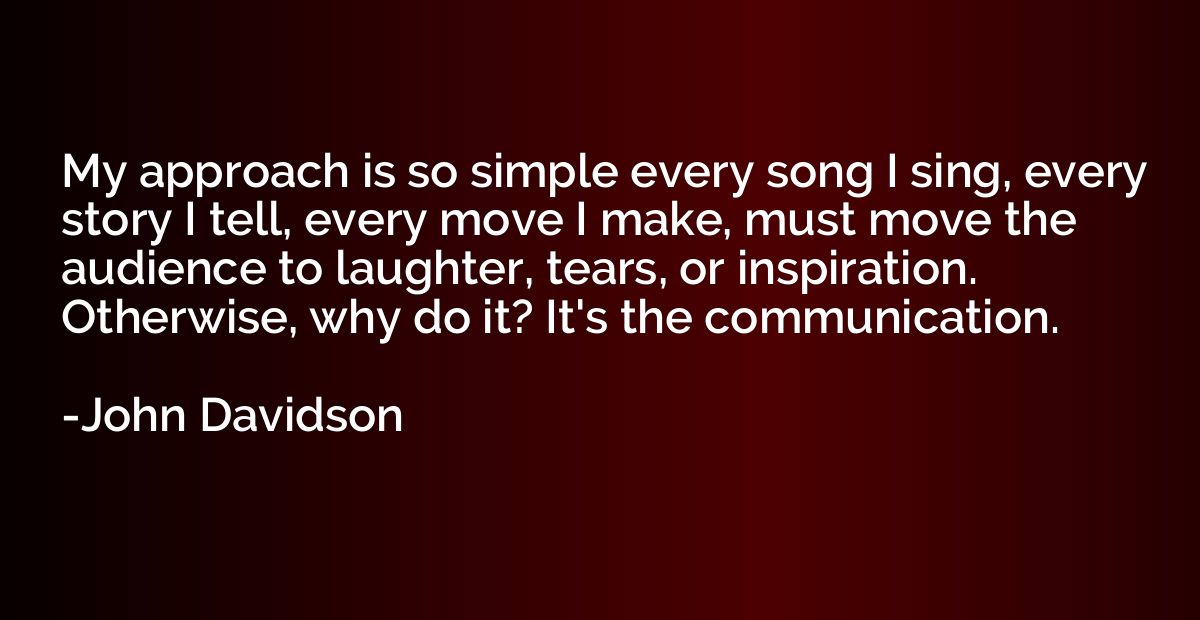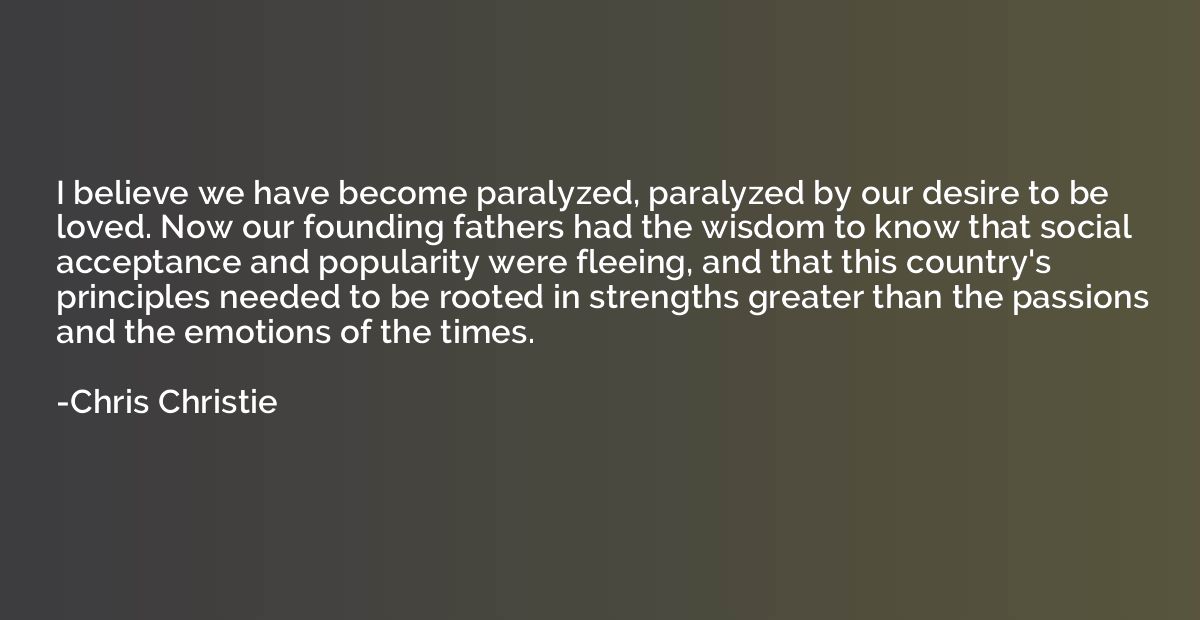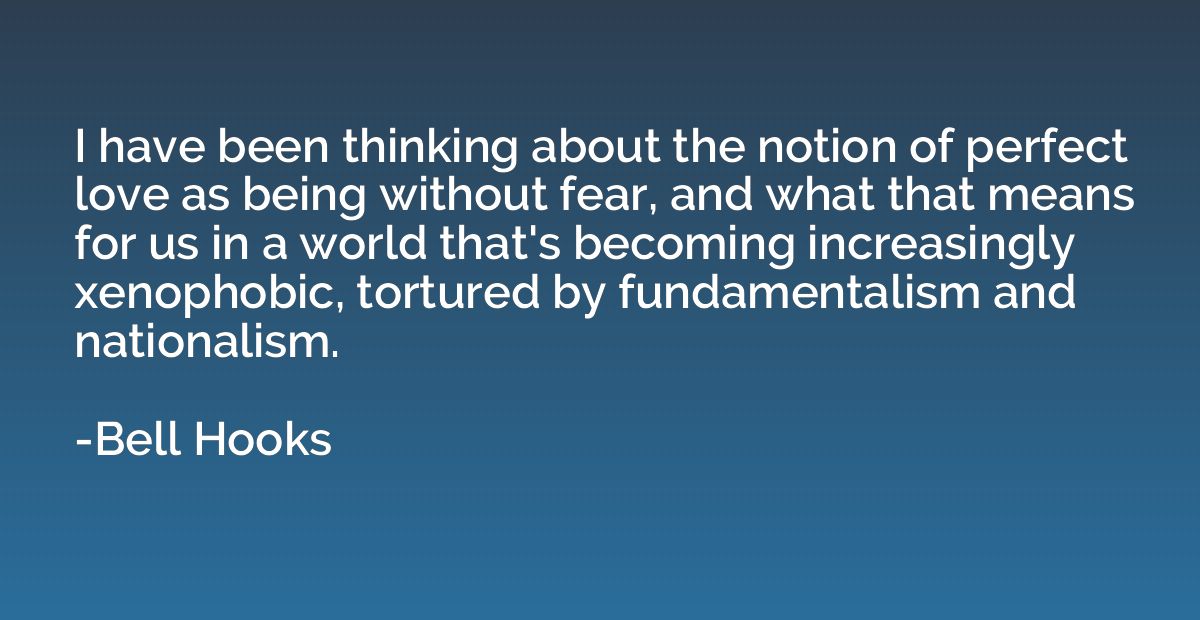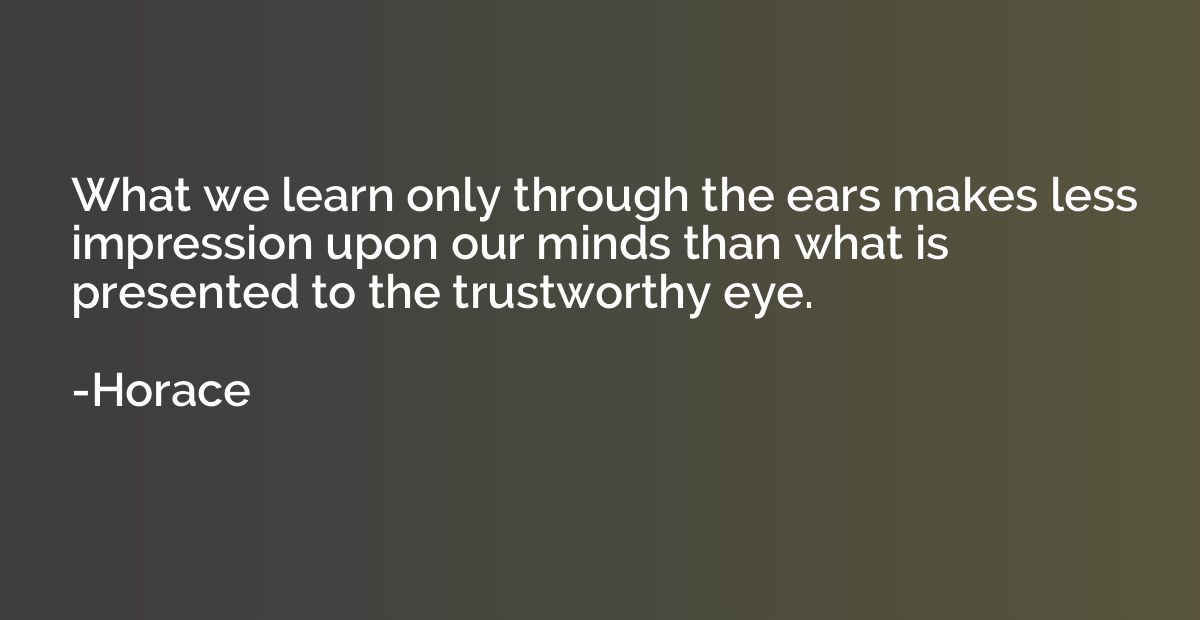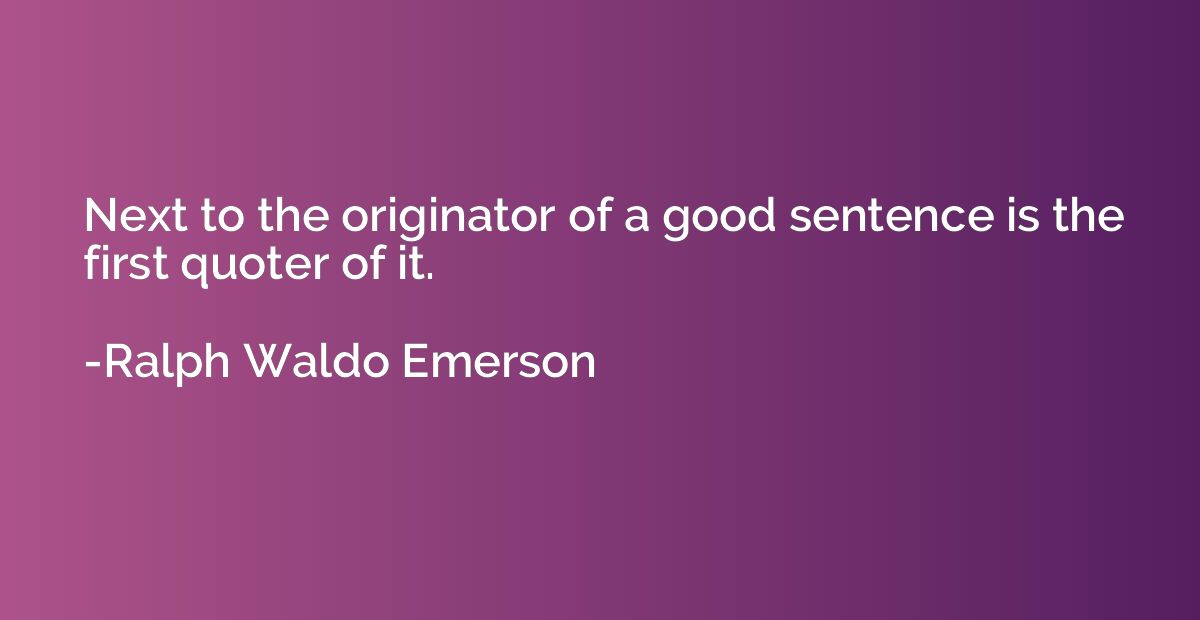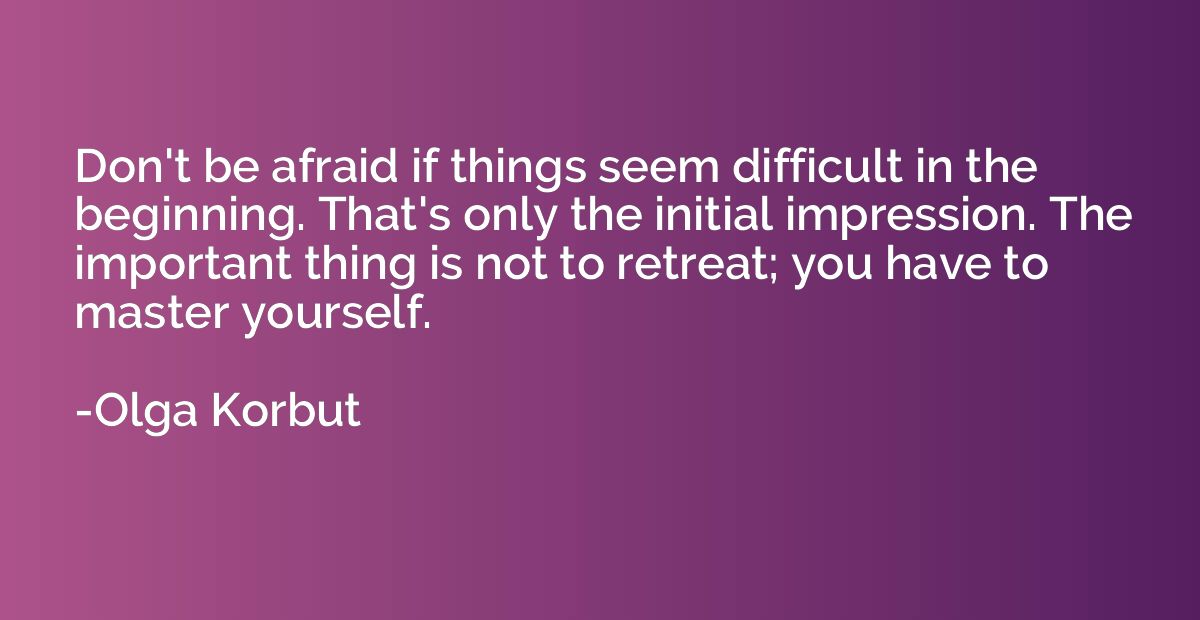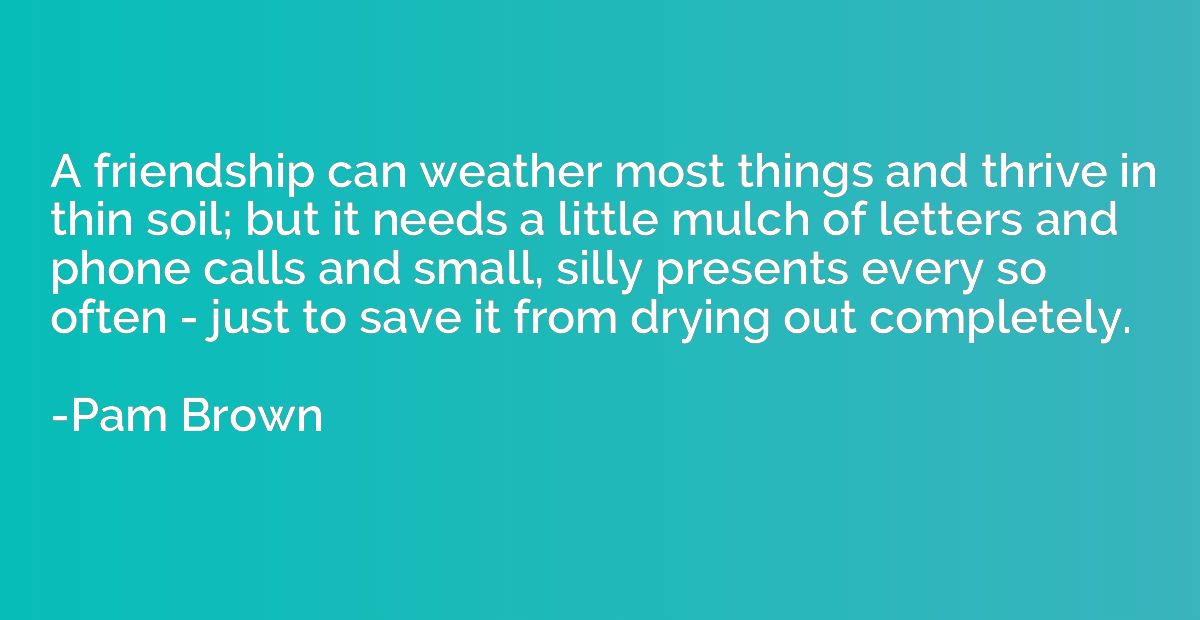Quote by J.K. Rowling
Don't put your wand into your back pocket! Better wizards than you have lost buttocks from it!

Summary
This quote serves as a humorous reminder to be cautious and mindful of the potential consequences of actions. In the context of the wizarding world, it warns against carelessly storing one's magical wand in a vulnerable position, as mishaps can occur. It advises the reader not to underestimate the dangers that others might have already encountered, emphasizing the importance of learning from those who came before us. Ultimately, the quote urges individuals to exercise prudence, even in situations that may appear trivial or mundane, to avoid unnecessary harm or mistakes.
By J.K. Rowling




